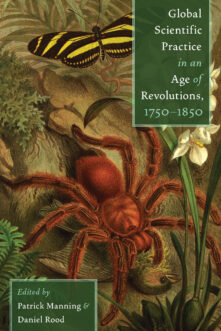Books
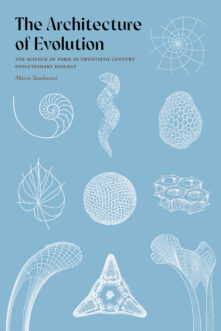
The Architecture of Evolution
The Science of Form in Twentieth-Century Evolutionary Biology
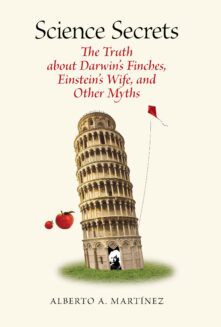
Science Secrets
The Truth about Darwin's Finches, Einstein's Wife, and Other Myths
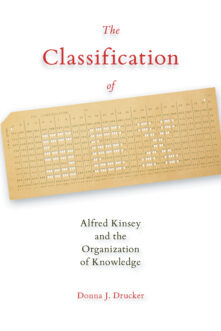
The Classification of Sex
Alfred Kinsey and the Organization of Knowledge
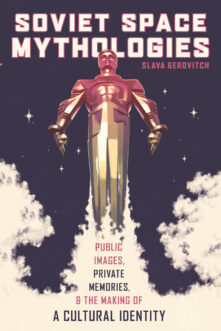
Soviet Space Mythologies
Public Images, Private Memories, and the Making of a Cultural Identity
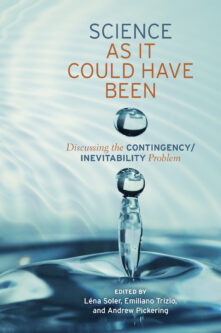
Science as It Could Have Been
Discussing the Contingency/Inevitability Problem
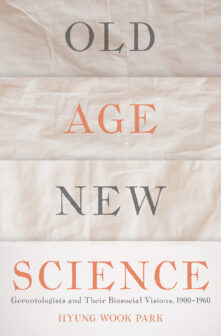
Old Age, New Science
Gerontologists and Their Biosocial Visions, 1900-1960
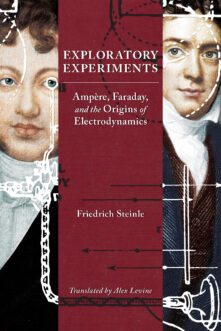
Exploratory Experiments
Ampère, Faraday, and the Origins of Electrodynamics
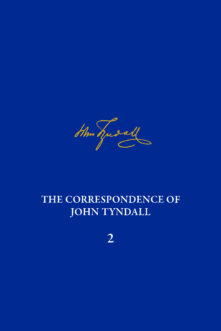
The Correspondence of John Tyndall, Volume 2
The Correspondence, September 1843–December 1849
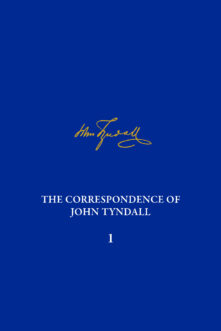
The Correspondence of John Tyndall, Volume 1
The Correspondence, May 1840–August 1843
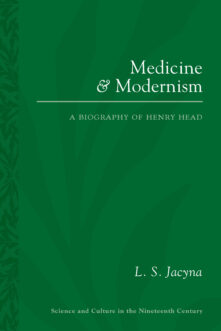
Medicine and Modernism
A Biography of Henry Head
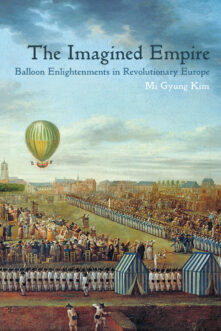
The Imagined Empire
Balloon Enlightenments in Revolutionary Europe
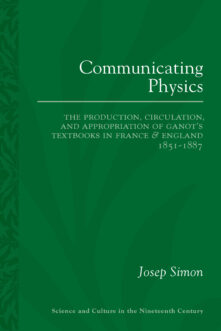
Communicating Physics
The Production, Circulation, and Appropriation of Ganot's Textbooks in France and England, 1851–1887

When They Hid the Fire
A History of Electricity and Invisible Energy in America
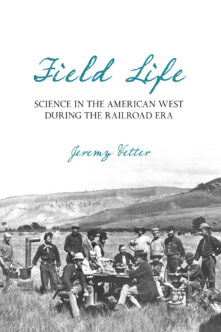
Field Life
Science in the American West during the Railroad Era
Total 140 results found.


